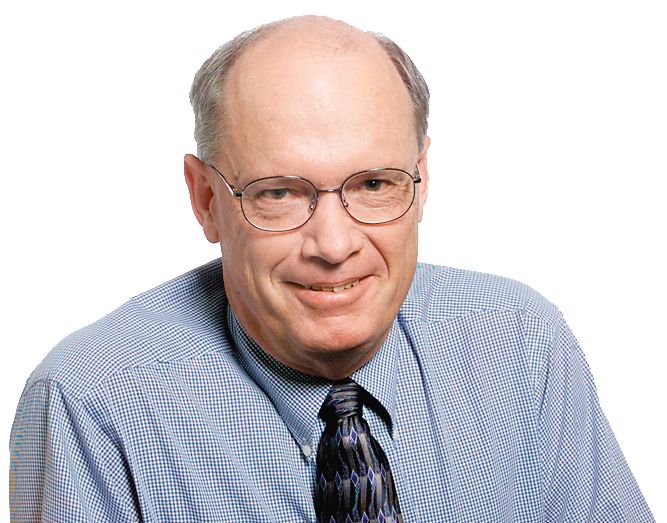Somewhere between the lovers and haters of light rail resides the truth. Infatuated supporters think light rail is the best thing since the invention of the wheel, while ferocious foes quickly excoriate the fiscal waste and criminal dangers of the Crime-Train Loot-Rail Victims-In-A-Box CrimeMet system over in Pagan Portland.
In search of that middle-ground truth, three years ago I rode the MAX Blue Line for 66 miles from Gresham to Hillsboro and back. It wasn’t the most exciting afternoon of my life, but the Blue Line seemed to be an effective transportation alternative … a choice. None of the passengers complained that light rail was “shoved down our throats” or that we were “forced out of our cars.” As the light rail debate intensifies on this side of the river, a couple of telephone calls seemed in order last week. The premise: “How’s that light rail stuff workin’ out for ya?” For answers, I contacted two politicians whose re-electability rides partly on how well they deal with light rail.
Because Vancouver is proposed as a northern terminus for the Yellow Line, I decided to interview mayors of Gresham and Hillsboro, the eastern and western ends, respectively, of the MAX Blue Line. If light rail is as good — or bad — as folks claim, these two mayors would know. As elected stewards of the cities’ quality of life, they ought to have a good handle on the issue.
Shane Bemis has lived in Gresham since 1987 (one year after light rail arrived there) and has been mayor for five years. Some perceive him to be anti-light rail. Indeed, he has received calls from across the nation inquiring about his get-tough stance with TriMet.
Actually, though, Bemis is anti-crime and pro-light rail “when it’s done properly.” In 2007, Gresham police officers were placed on Blue Line trains for several months, and Bemis put TriMet’s feet to the fire on crime reduction. The agency responded effectively enough that Bemis now says: “Light rail can be a fantastic community amenity if proper emphasis is placed on fare enforcement and safety at the stations and on the trains.”
A boost for development
What about light rail in Vancouver? “We often compare the two cities. In Gresham, light rail has played a big role in energizing downtown. Vancouver has done a superb job of revitalizing downtown, especially with all of the mixed-use development around Esther Short Park. Light rail would be wonderful for downtown Vancouver.”
Bemis likely feels this way in part because of these statistics from TriMet officials: $1.1 billion in development and 5,759 housing units in Gresham since 1980, all attributable to light rail.
But what about all the critics? Bemis acknowledged: “Right-wing conservatives — and, by the way, I’m a Republican — will always hate public transit and use any reason they can to say it’s wrong. But if a community demands that TriMet meets safety standards, light rail can bring many benefits.”
Advice for Vancouver? “Fare enforcement and ticketed entries are crucial,” Bemis said. “Make sure you demand that, and get it in writing.”
Jerry Willey has lived in Hillsboro since 1983 and has been mayor for 2½ years. The Blue Line arrived in 1998. “Light rail definitely is the wave of the future,” Willey said. “I don’t know of any politicians here who resisted it. The only issue is crime, but that’s true with all public transit.”
Since 1990, $1.6 billion in development and 8,465 housing units in Hillsboro have been linked to the arrival of light rail. “It’s a real asset to our downtown,” Willey said. “In Vancouver, it would be a great addition to their connection to downtown Portland. I don’t know why commuters would not choose light rail to get back and forth to their jobs in Portland.”
The drawback to light rail, Willey said, “is that it’s expensive to build and maintain, but as gas moves above $4 a gallon, that concern will diminish.”
I don’t expect these politicians’ views will change anyone’s mind about light rail. For sure, the BANANA Brigade (Build Absolutely Nothing Anywhere Near Anything) will continue its crusade. But open-minded observers in Vancouver could learn a thing or two from the mayors of the outermost destinations on the MAX Blue Line.
John Laird is The Columbian’s editorial page editor. His column of personal opinion appears each Sunday. Reach him at john.laird@columbian.com.



